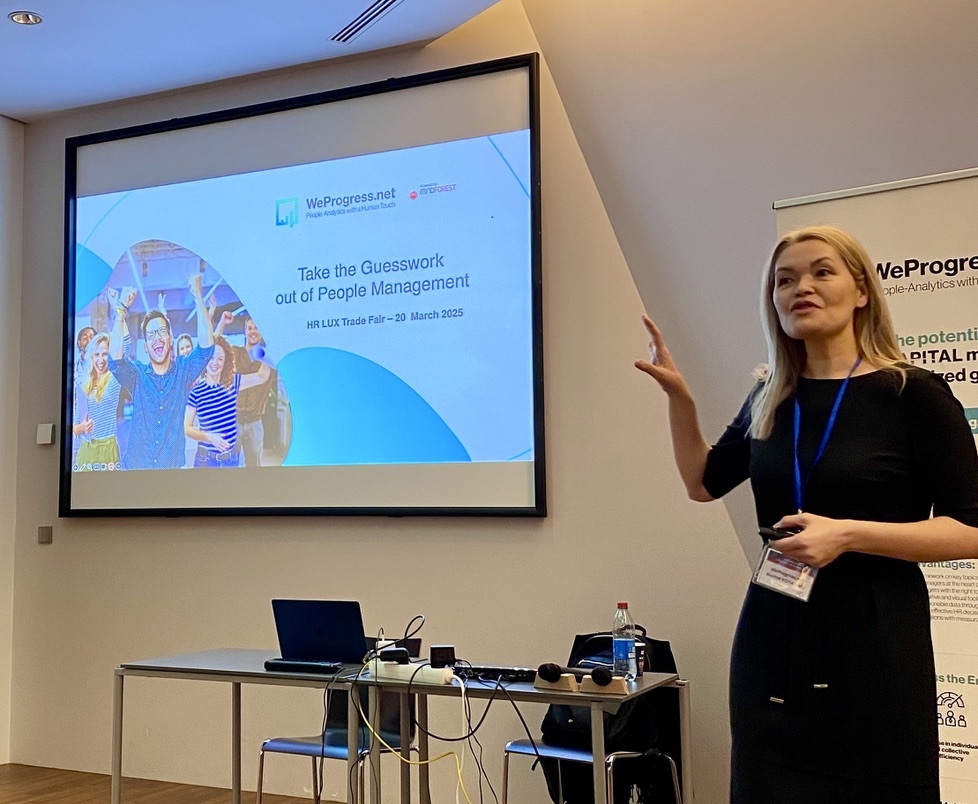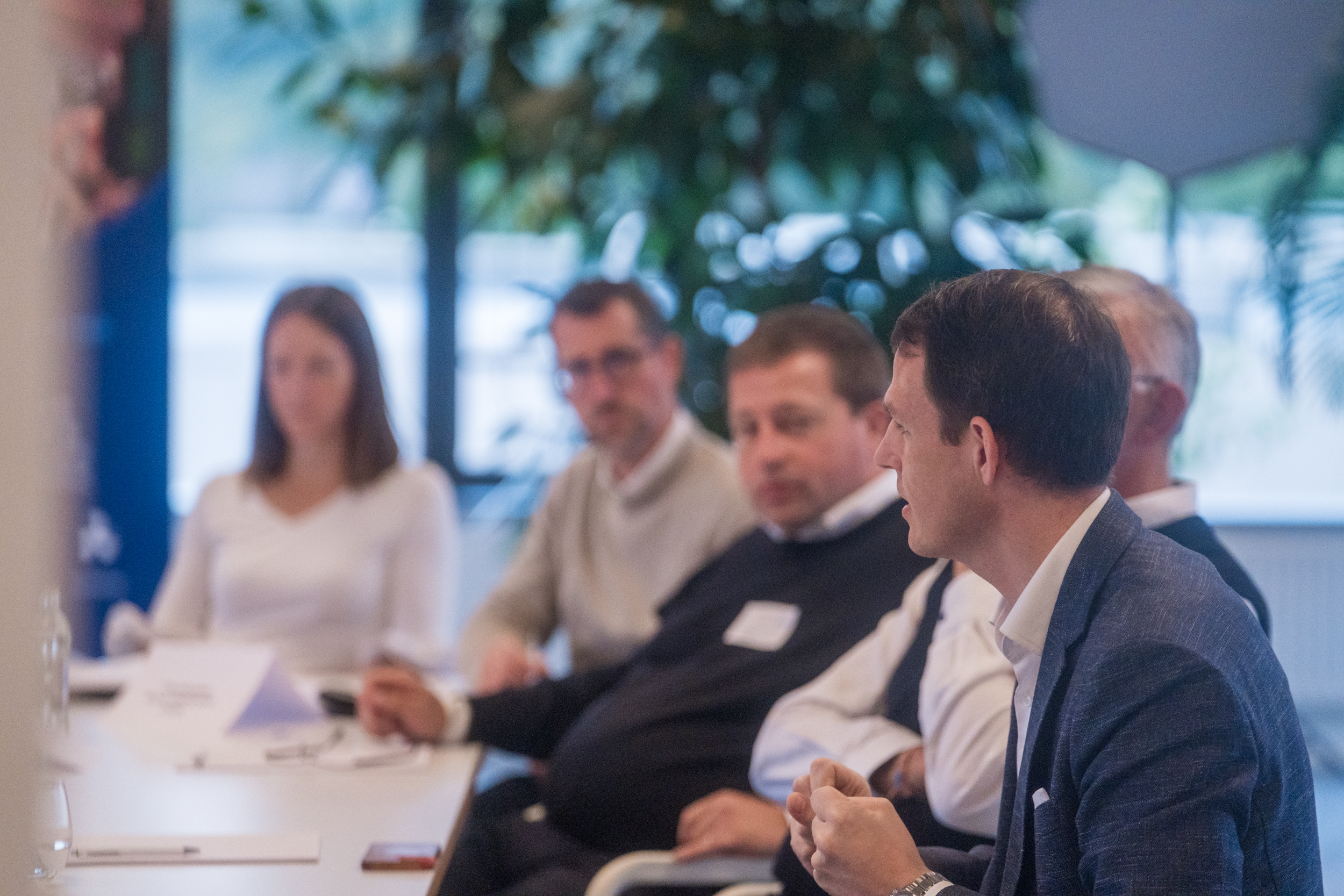Digitalisation: much more than IT, it’s really a cultural question
Regardless of managerial determination to lead successful digital transformations, more than 70% of suchprojects fail. What is the cause of this? What consequences do these projects have on the culture of the organisation and its employees?
Change : fast and constant
Today, change is happening faster and faster and our ability to adapt is constantly being challenged. The digital solutions we use on a daily basis, and the connectivity we are constantly faced with, provide evidence of this rapid evolution in our behaviour.
While we cannot predict the future, one thing is certain: change is the only constant that persists.
Are organisations ready for these changes?
As mentioned in the introduction, a large proportion of transformation projects do not see the light of day or do not achieve the desired objectives. These projects are too often approached from a purely digital point of view without taking into account the organisation’s history, products and services, customers, employees or existing procedures. This is often compounded by a ‘silo’ approach that inhibits communication, coordination and collaboration within the organisation.
It is therefore essential for any organisation wishing to achieve success in its digital transformation to adopt a systemic approach to the ecosystem in which it evolves, taking into account the needs of its customers, its organisational flexibility, its capacity to manage change and develop its skills, and its openness to new technologies.
A question of culture
A transformation project thus requires an evolution of the company culture to welcome digital technology and innovation. To achieve this, proactivity and agility, collaboration and commitment, as well as the acceptance of failure and the experimentation of new methods are key concepts for success.
In order to understand this notion of culture, it is important to realise that it comprises 30% of a formal dimension (strategy, structure, processes) and 70% of an informal dimension (rules of life, power games, relationships, beliefs, opinions, attitudes, values and motivation of employees). Although many studies show a correlation between corporate culture and productivity, this informal and intangible dimension is too often neglected. The informal represents the organisation’s DNA and must be taken into account (to a large extent) in any change project.
Moreover, let us never forget that while strategy guides the organisation in achieving its ambition, culture is the engine that drives the teams on this journey.
How to ensure the success of a digital transformation?
The first challenge for any organisation wishing to complete a successful digitalisation project is to change its own way of thinking. In other words, it is first of all by focusing on the mindset and behaviour of the stakeholders involved in the project that a “digital” culture can be created. Only then should the tool be chosen and the way it will be implemented and used.
The challenge is about more than technology
Although one would tend to think that a digital transformation project should be led by IT experts, it turns out that it would be better to identify a motivated collaborator who has a good working knowledge of the organisation and who has repeatedly proven his or her ability to take on challenges and bring projects to a successful conclusion.
Some of the reasons for this choice to accompany this type of project:
- Understand the organisation’s strategy and capacity to change before investing in a tool;
- Identify champions who have a wealth of experience about what does and doesn’t work in the organisation and involve, train and position them to capitalise on their knowledge;
- Know how to listen to and recognise the fears of employees about the consequences that digital transformation will have on the organisation by communicating openly at all levels of the organisation;
- Encourage a “Start-Up” culture within the organisation where employees have space to be creative, to experiment, to develop, to make decisions in an agile way and where open-mindedness and diversity of profiles are sought.
The paradox of digital transformation
In view of the increasingly rapid pace of change, it is necessary for organisations to develop their agility, their proactivity and their understanding of the ecosystem in which they evolve, in order to meet future needs.
In conclusion, the success of a digital transformation not only depends on the choice of the right tool, but on generating the motivation and commitment of the stakeholders. A clear digital strategy sets the course, and the culture of the organisation constitutes the DNA and the soil in which the change can flourish.
What appears to be a digital revolution is, in reality, a cultural evolution…
WANT TO RECEIVE OUR LATEST THOUGHT LEADERSHIP CONTENT?
Related posts
 Take the Guesswork out of People Management
Take the Guesswork out of People Management
 From processes to people: achieving quality
From processes to people: achieving quality
 Daring to lead Positive Transformation: What if Positive Emotional Capital was your key to sustainable change?
Daring to lead Positive Transformation: What if Positive Emotional Capital was your key to sustainable change?
 Why hire Change management professionals? We can do it alone!
Why hire Change management professionals? We can do it alone!
 Digital Transformation and Change Management: Lessons shared in an event hosted by Cebi and MindForest
Digital Transformation and Change Management: Lessons shared in an event hosted by Cebi and MindForest



